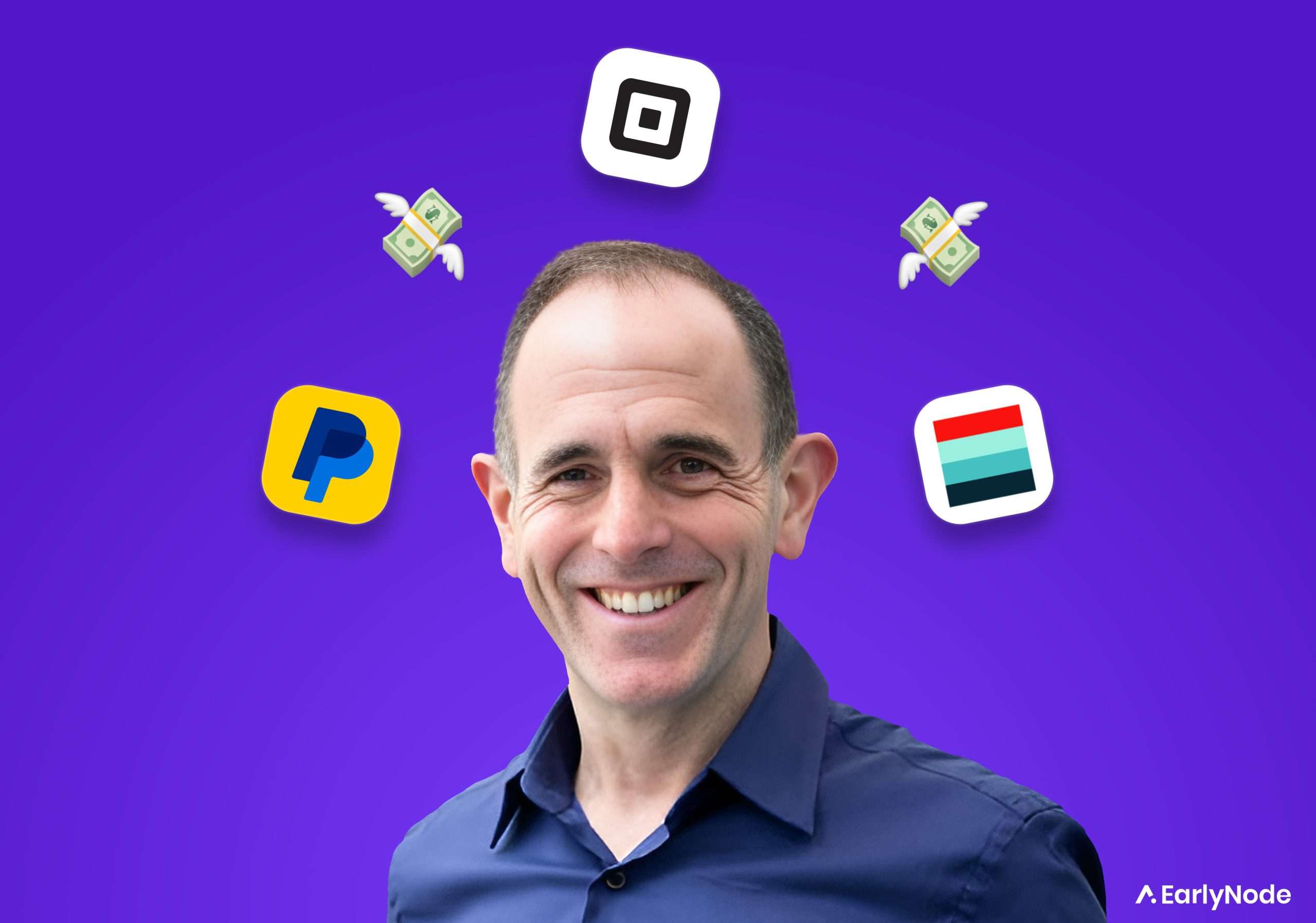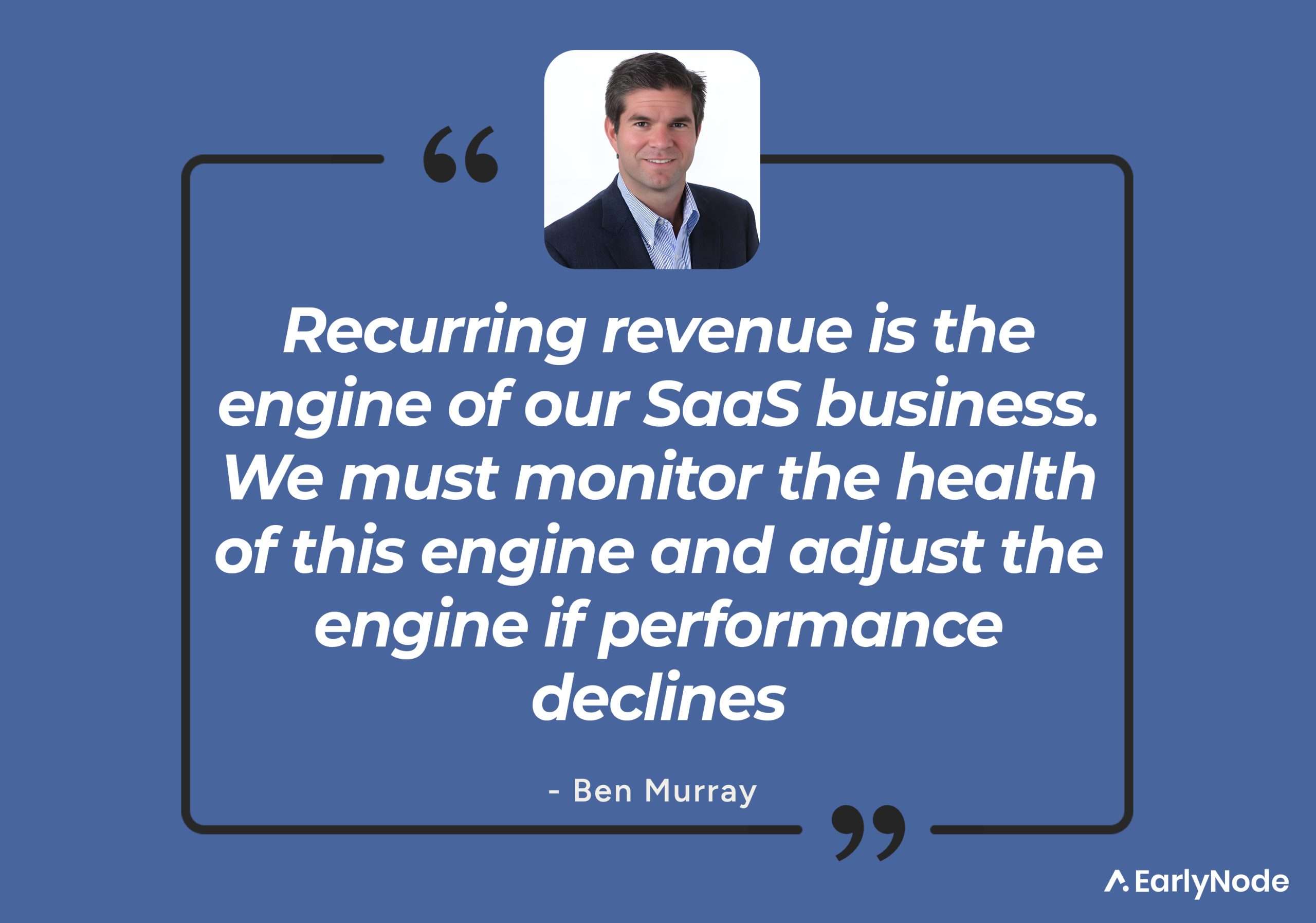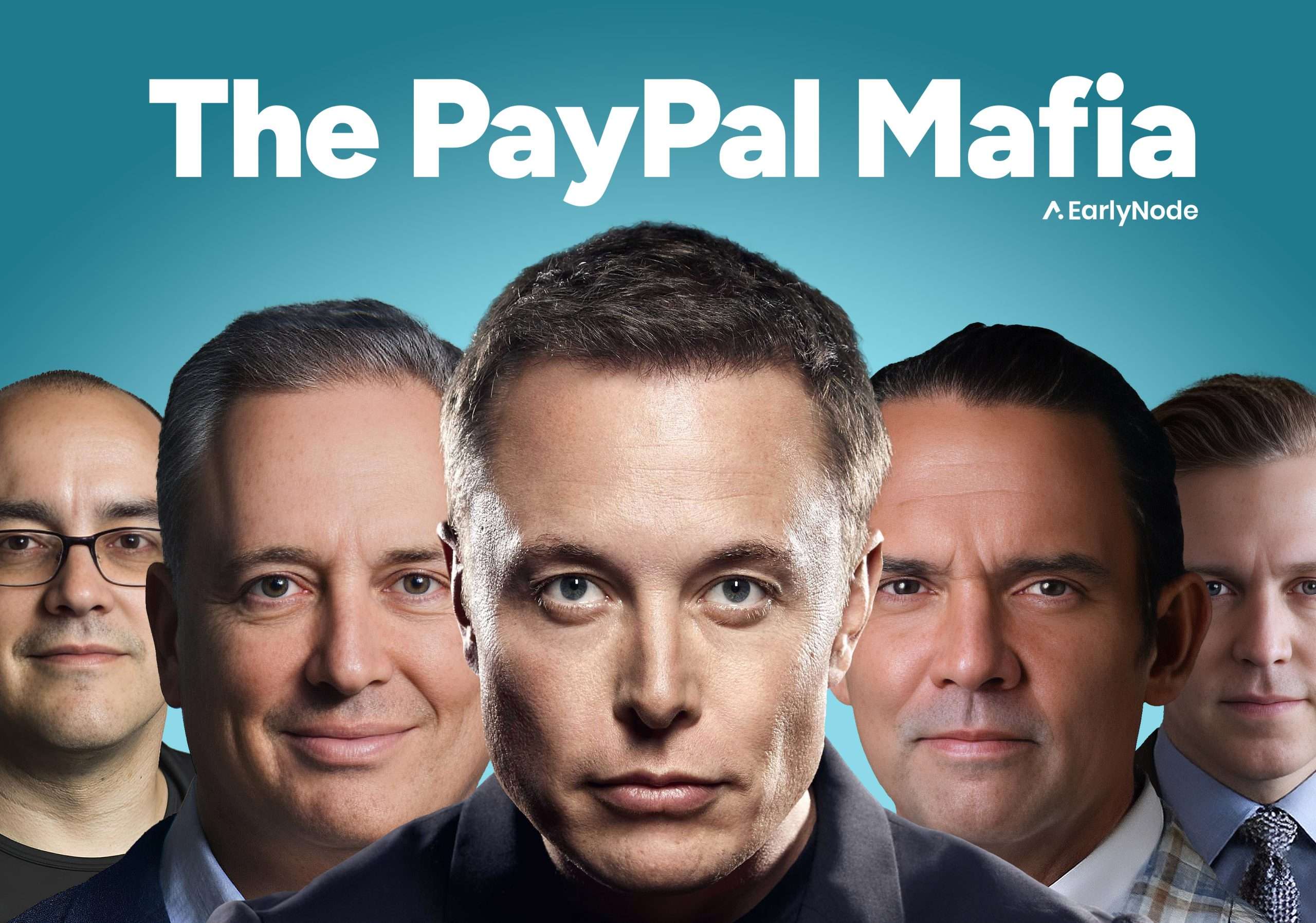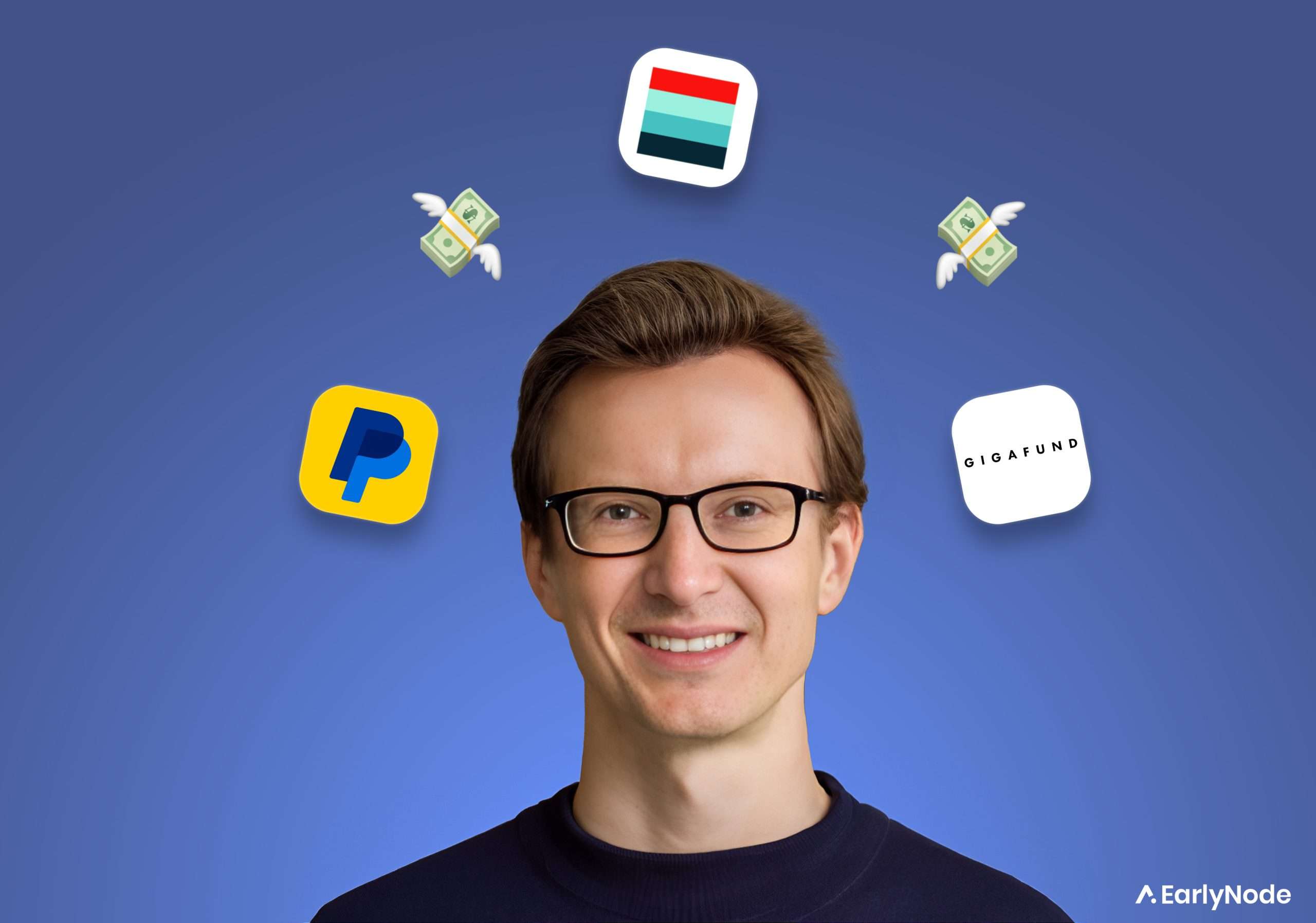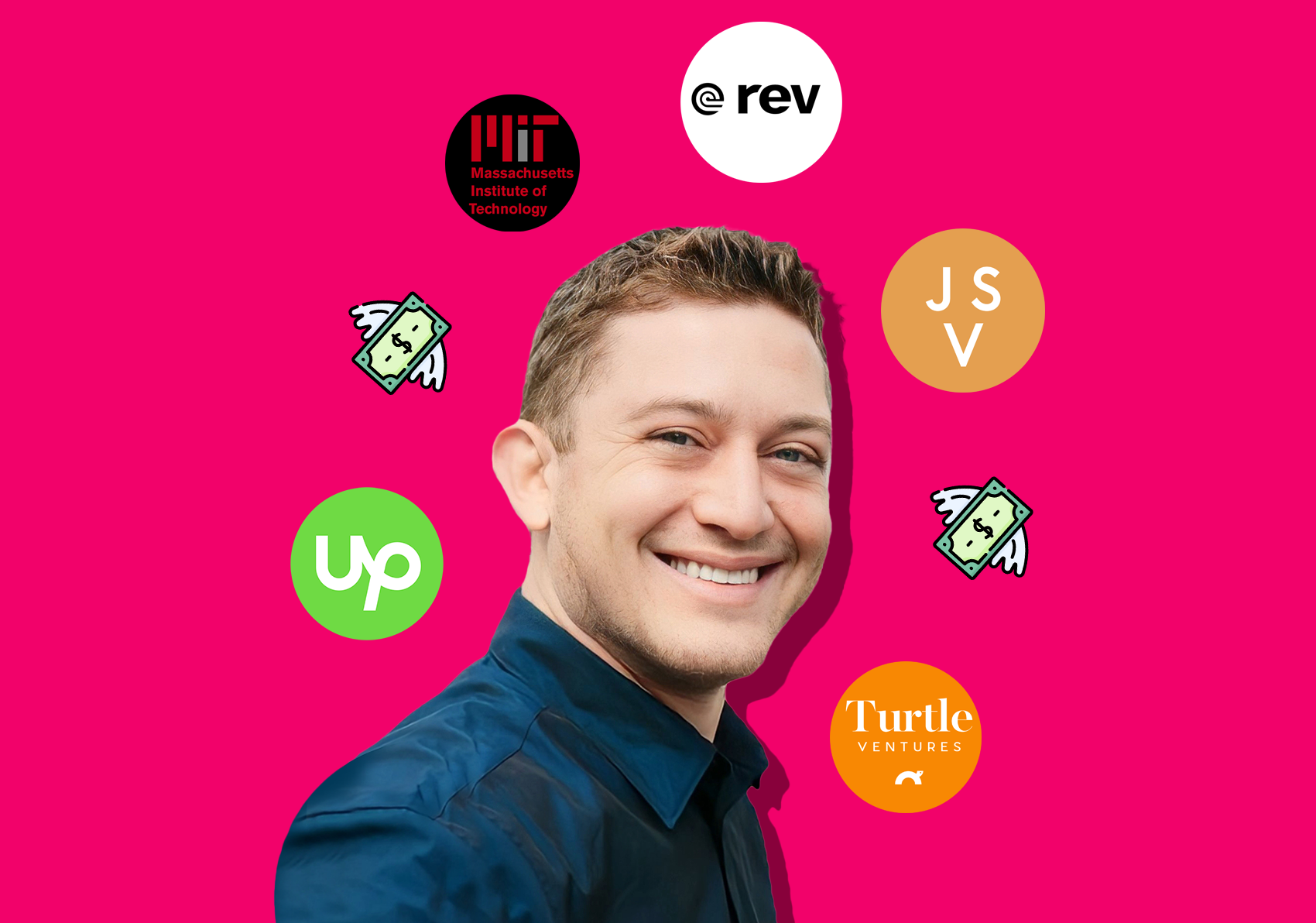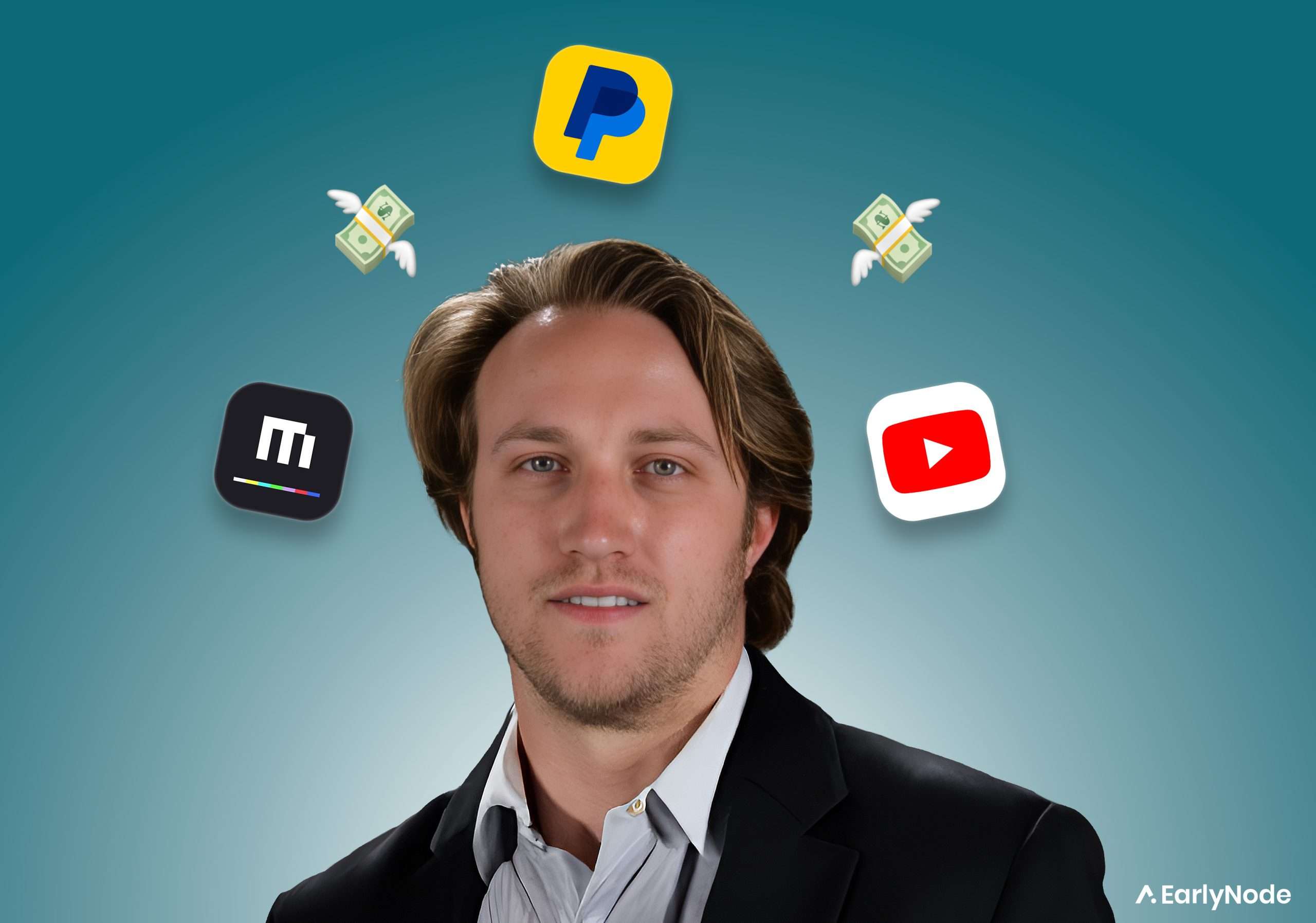Who is Jawed Karim? | Net worth, Early life, Career

Highlights
- Jawed Karim is a German software engineer and entrepreneur.
- He is one of the co-founders of YouTube.
- He's also a seasoned venture capitalist who has invested in many successful companies like Airbnb, PostMates, and Reddit.
Who is Jawed Karim?
Jawed Karim is an entrepreneur, philanthropist, and software engineer known for being one of the three co-founders of YouTube. This venture alone cemented his legacy in the tech industry. However, Karim didn't stop there. After the YouTube sale to Alphabet in October 2006, he turned his attention to internet startups.
Early Life
Karim was born on October 28, 1979, in Merseburg, part of East Germany at the time. His family moved first to West Germany, then to Saint Paul, Minnesota, in the United States.
Karim's education began at Saint Paul Central High School, where he graduated in 1997. He decided to study at the University of Illinois, where he completed his B.S. in Computer Science in 2004.
Career
PayPal
Karim had spent time as an intern at Silicon Graphics. His work at Silicon Graphics caught the attention of PayPal.
Karim got a job offer in his junior year at the University of Illinois to work at PayPal.
Now, it wasn't just a one-sided attraction. PayPal had seen something promising in Karim too.
Joining PayPal turned out to be a life-changing move for Karim. It was at PayPal in 2002 that he bumped into Steve Chen and Chad Hurley. The trio would go on to create the video-sharing giant we now know as YouTube.
Creating YouTube
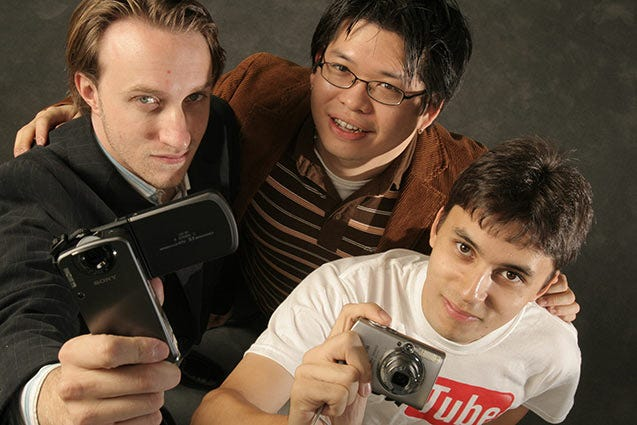
In 2004, Jawed Karim spotted a problem. When you wanted to find a video of an event online, it was difficult or nearly impossible. Karim wanted to change that.
On Valentine's Day 2005, he, Chad Hurley, and Steve Chen started working on a video-sharing website. They called it YouTube. The site officially went live on April 23, 2005.
YouTube began to grow when its users regularly started creating good content. The founders secured an investment of $3.5 million in 2005 by Sequoia Capital. And then in 2006, Sequoia Capital and Artis Ventures collaborated for an $8 million venture round for YouTube.
The money fuelled YouTube's rapid growth, and not long after that, in October 2006, Google bought YouTube for $1.65 billion in stock. How much did Jawed Karim make from the YouTube sale? He walked away with $64 million in shares which are worth more than $500 million today.
Investments
Karim joined Kevin Hartz and Keith Rabois to start a venture capital firm, initially named Youniversity Ventures but later rebranded to YVentures.
This company aims to financially support emerging startups and offer expert advice and consultation to promising tech startups.
One of Karim's notable investments was in Airbnb, a popular rental app, in 2009. YVentures has extended seed investments to many successful companies, such as Reddit, Postmates, Eventbrite, and HEO Robotics.
Personal Life
Net Worth
The exact figure of Karim's wealth is unknown, but it is believed to be between $140 million and $390 million.
Family
Karim keeps a very private life, so little is known about his marital status. He resides in Palo Alto, California.
Quotes from Jawed Karim
- “Are people willing to take risks? Is there a network of people that you can look up to? It’s a little bit difficult if there’s no aspiring figure in a region. You need advisors. You need role models, mentors.” (Speaking about how to ignite creativity in other countries.)
- “My observation is that there are talented people everywhere. And so, bringing Silicon Valley innovation to other places in the world, I think, is mostly a matter of importing the culture. So, it’s not that any other place lacks talented people.”
- “We started working on the site [YouTube] on February 14 — Valentine’s Day. That’s one of those things about being a computer science major: Valentine’s Day is just another day.”
- “Take risks while you can.”
- “We can all agree that… possibilities exist in hindsight, but how do you find them ahead of time? Well, you have to look for them. And you can do that simply by staying informed about your field.”
- “Most ideas don’t come to you in a flash, but they stew in your brain for a while — and that’s how it was with YouTube.”


